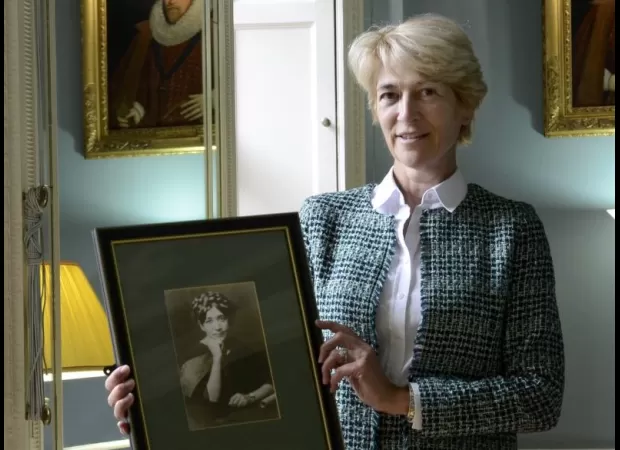Medical bodies support drug decriminalisation to lower health risks.
Public health groups in UK back decriminalising drugs.

In 2021, there were more than 1,300 drug-related deaths in Scotland - the second-highest figure ever recorded. This shocking statistic has prompted Professor Angela Thomas to call for a proper, grown-up discussion about the benefits of decriminalising drugs.
The haematologist, who has been a fellow of the Royal College of Physicians of Edinburgh for almost 30 years, is aware that the majority of British people are opposed to the decriminalisation of all drugs except cannabis. However, she believes that with the right evidence, minds can be changed.
Last week, the Scottish Government endorsed the policy of drug decriminalisation in a major policy paper. This was quickly followed by the Royal College of Physicians of Edinburgh and the Faculty of Public Health coming out in support of the move. The 500-year-old Royal College of Physicians of London also declared their backing for decriminalisation in 2018.
These organisations have found themselves at odds with the public to quite a degree. So what is going on? Why are the experts advocating for drug decriminalisation?
Decriminalisation does not mean legalisation. The aim is to not make people into criminals if they are caught in possession of a small amount of drugs. This would reduce the stigma associated with addiction and encourage people to come forward for help and treatment.
Professor Thomas believes that criminal records ruin people’s lives and adds to the number of drug-related deaths. The National Records for Scotland documented 527 drug-related deaths in 2013, which has increased to 1,339 in 2020. Scotland’s rate of drug misuse deaths per million population was 327 in 2021 - much higher than the figure for the UK as a whole (67).
Portugal is one of the countries that has seen success from decriminalisation. After enacting the policy in 2001, the number of drug-related deaths fell from hundreds to just 30 a decade later, and the number of addicts dropped from 100,000 in 1995 to 50,000 in 2019.
Decriminalisation would also allow for the creation of supervised drug consumption facilities and drug checking facilities, which Professor Thomas says would bring down the number of deaths in the short term.
The Scottish Government has said that decriminalisation would not solve the drug crisis by itself; instead, it would provide a framework for better pursuing policies to help, treat and support people. However, the UK Government has dismissed the idea, citing the two-part independent review of drugs led by Dame Carol Black.
Professor Thomas hopes that people will reconsider their stance and take part in a sensible, grown-up conversation about decriminalisation. Meg Jones, a director at Cranstoun, echoed her sentiment: “Let’s bring people into a room, let’s have a sensible, grown-up conversation about this, because actually, what we’re doing right now is not working. It’s never worked. So why would we carry on doing something the same way if it doesn’t work?”
The evidence from Portugal is clear - decriminalisation can make a real difference. Professor Thomas and Meg Jones are calling for a bold, evidence-based approach to tackling drug misuse and saving lives. It is time for a proper, grown-up conversation about decriminalisation.






